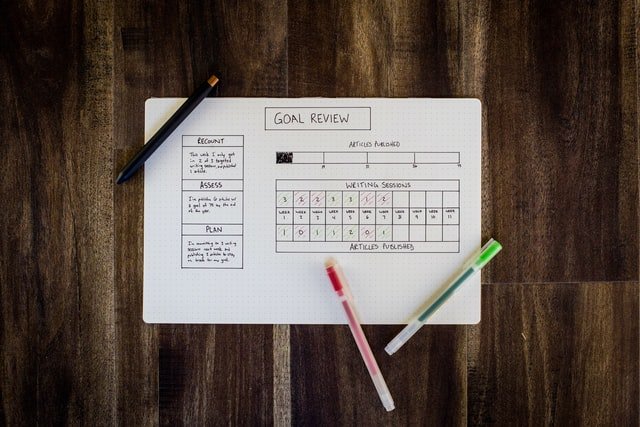Reflections
"Knowing yourself is the beginning of all wisdom."
- Aristotle.
As a coach a good part of the development reflection is a big part. And that starts from the beginning because you need real conversations with you in order to grow. From time to time you bring things that come up during your reflection process into supervision with your own coach and work things out.
There are several ways to do it, I use the 4F framework created by Dr. Roger Greenaway (expert in training teachers and facilitators). Why am I talking about it? Because I also add it to my journal - as a way to go through some things that I can let go of - to see what worked, what can be done better - but also as a visual and easy way to let go of the energy of the day.
What are the 4Fs?
Facts: an objective account of what happened. If you would to ask some questions about this point - think of it as a newspaper article and answer to what, who, where, when? Why and how are not to be asked at this point. Think about what influenced your attitude / behaviour, maybe something interesting/difference surprised you.
Feelings: the emotional reaction to the situation. While you go to this point don‘t judge yourself. This exercise is about learning, accepting and maybe even letting go. What are some of the feelings you experienced?
Note down as much as possible, and also at what points where you most present, and then aware of controlling/expressing your feelings?
In order to support you here I am uploading the feelings wheel in order for you to identify faster and become more aware of your emotions. Don‘t mix your emotions here. What is the difference?
According to Psychology Today: Feelings are a conscious experience, emotions manifest in the unconscious mind.
”I feel online” has a great articol on the topic here. And they say that emotions, especially those that are basic, are the automatic responses that appear before certain stimuli, such as the sadness we experience when we lose a loved one. Emotion is linked to our brain and, therefore, produces certain psychophysiological changes in us that allow us to adapt to our environment.
I will elaborate more on emotions topic soon in a new article. Now, let’s return to our topic for today and follow the next point.
Findings: the concrete learning that you can take away from the situation - here is where you bring the ”how” and the ”why”, this is where you make judgments and you are interpreting the situation to find a meaning. Ask questions that start with why did or didn’t do…how are your feelings get in the way or smooth things out. What would you like to do more or / less of. Create a path to the next point by asking questions that can support you create as much possible awareness over the topic at this moment.
Future: structuring the learning such that you can use it in the future. Use your learnings/findings/ideas to implement them further down the line. What needs to change in order to move forward? Where/how can you use what you have learned? What are your choices from here? What plan can you craft?
If you find things interesting and you want to learn more you can reach for Roger Greenaway’s ‘The Active Reviewing Cycle’.


